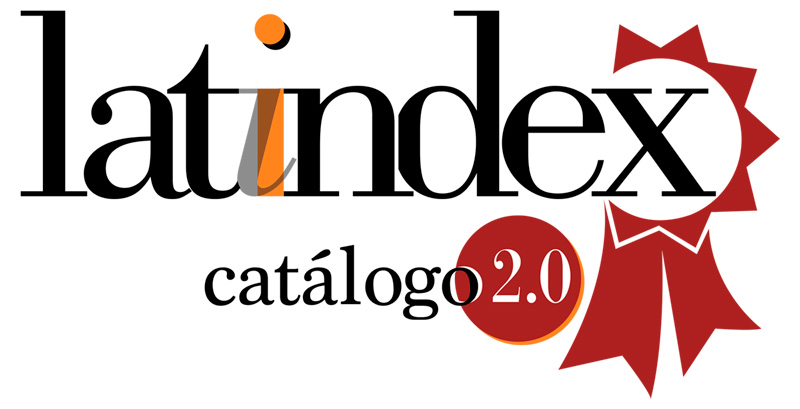Management through an Etical Lens: a Philosophical and Anthropological Reflection in 21st Century
DOI:
https://doi.org/10.35626/sv.27.2023.367Keywords:
Epistemology, Education, Management, Ethics, AnthropologyAbstract
A robust, high-quality education, across its diverse levels, necessitates a management approach that fosters engagement from the entire educational community. Such engagement is crucial for cultivating individuals who actively contribute to societal development, grounded in principles of humanism, ethics, and morality. This educational paradigm must transcend utilitarianism, prioritizing the institution’s mission, the gift of service of every educational institution. By embracing this ethos,
educational institutions can nurture the holistic development of individuals. However, to achieve this, it is imperative to establish a clear understanding of the essence and aspirations of educational management.
Educational management emerges as an organizational framework born out of the collective need to pursue a common good. Yet, oftentimes, management is narrowly construed as a quest for efficiency and resource optimization, thereby overlooking the humanity inherent in those entrusted with this responsibility. Hence, it becomes paramount for individuals assuming managerial roles to embody a deep-seated commitment to human development and service. Only by embodying these values can they truly serve others by being agents of change.
This article endeavors, through theoretical introspection, to unravel the epistemological and philosophical underpinnings of educational management and the role of the educational manager. It charts a course from mere rationality towards a more humanistic and transcendent understanding, grappling with the complexity of the human being, its spirituality and humanity.
In essence, this presents a profound challenge—to raise awareness for a paradigm shift towards a different educational management ethos in the 21st century. An ethos that acknowledges the inherent dignity and complexity of each individual within the educational ecosystem, transcending the reductionist tendencies that treat them merely as data points. It underscores the imperative to address their emotional, social, and intellectual needs with dignity, respect, and empathy.









